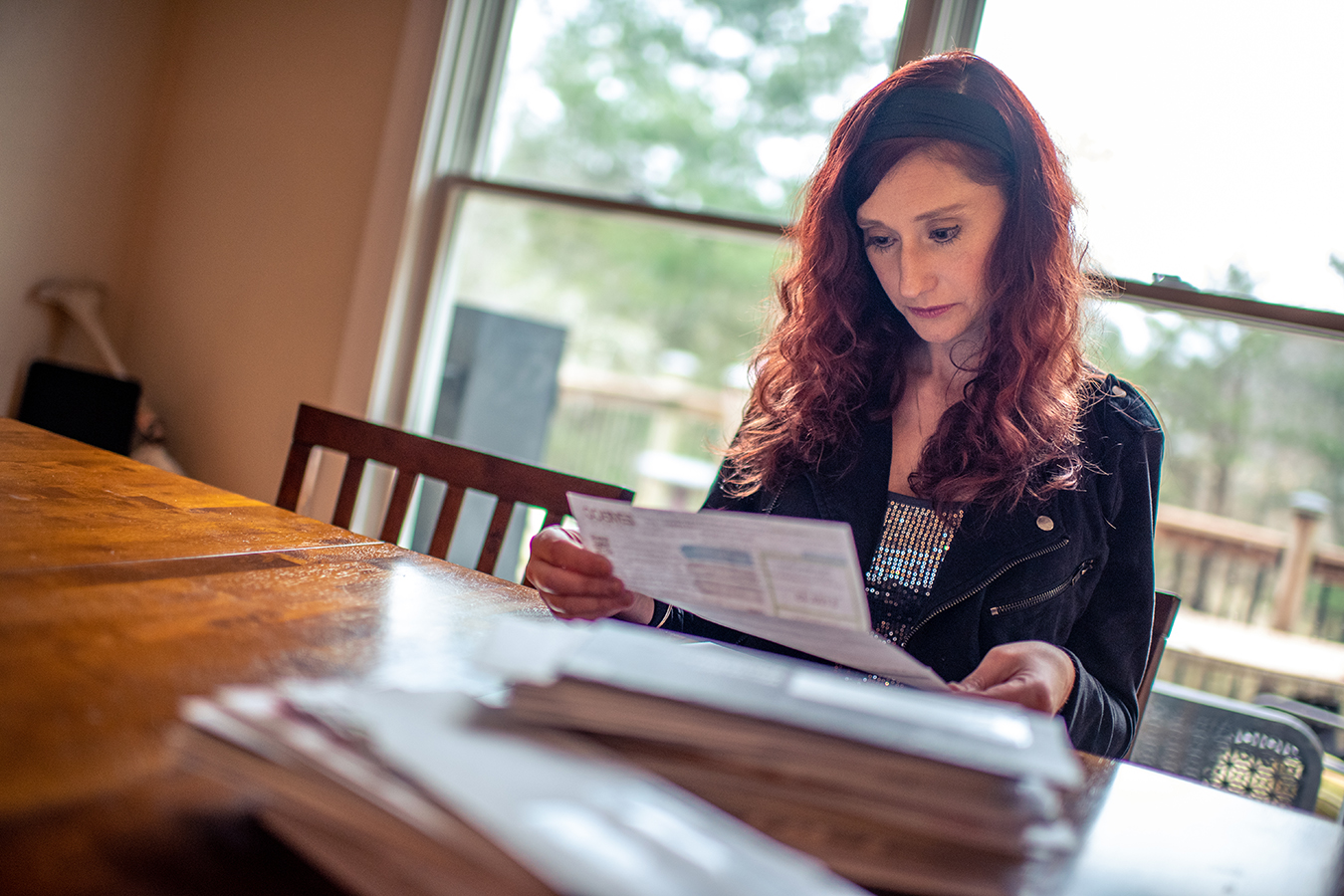I was a Clinical Perfusionist for 10+ years, then joined industry as a Medical Liaison 15+ years. Now Im a bench top medical researcher and interface with medical students, residents and Fellows, as well as PhD researchers, Attendings / Chiefs. I often stick up for Millennials and iGen individuals, and am more critical of their parents (Baby Boomers). I am often moved with compassion for them, likening them to mice in a cage. They are victims being poked, shaved and disemboweled by greedy handlers. Every time I see the construction crew at our facility adding more floors, constructing new outpatient centers, or the hospital admins engaging in massive public relations about the new “childrens hospital, surgical center, epilepsy center”, etc, I see money. I dont think in terms of new cures or new relief for patients. I see greedy hospital admins wringing their hands with dollar signs in their eyes.
The system is indeed broken. Too many books to list written by physicians but pick a smattering of them and you will find ample support and data. However, what to do? Thats the premise of my query
medical training was never easy. Instrumentation, surgical / procedural tools and supplies, availability of hospital beds and surgical suites, need of physician specialists, having appropriate pharmacological armamentarium (e.g. cancer, pain, etc) tended to separate the wheat from the chaff as to cadre of physicians. Ive seen many physicians break down and sob in hospital hallways, ive seem many more have marriages and children gone belly up, then there is suicide, addiction, criminal behaviors ala fraudulent billing, fraudulent prescriptions, etc. The stressors due to scarcity that existed 30-40 years ago dont exist today. Something more pernicious has taken their place.
Are things far worse today than 30-40 years ago? I dont think so. Walking through the university hospital where my lab is located across the street often makes me disgusted at how plush hospitals look today compared to the 1980s. Hospital beds, BP cuffs, thermometers, patient scales, patient consult rooms, etc are all stuff of luxury. When I was a teen working as an orderly at a community hospital of 3 floors, beds were foam encased in vinyl, thrown on metal springs with a manual crank to raise or lower the bed. There was nothing electric about them. Yet we functioned. Physicians were leaders, as @madjack notes below, but junior physicians and trainees were not spoon fed like today. Nurses were tough, aggressive and dealt with insecure physicians swiftly. Physicians learned by trial and error with little mentoring or less senior supervision. If you think the environment is coarse today for Residents, your predecessors dealt with outright physical and/or mental abuse. Ive seen surgical residents pushed against walls, thrown into doors, surgical instruments used as weapons by Attendings, and yes, some rightly dressed down by Chiefs because they thought they were above Black female surgical techs. Those same surgical techs taught Attendings and Chiefs how to operate. They could do surgical procedures blindfolded.
it was harsh but it worked. I cant imagine what it was like in the early to mid 1900s.
its the only way to practice medicine today, as far as I am concerned, for me. Todays hospital and physician groups are focused on revenue first, physician-patient relationship dead last. If you join such an organization, you either become part of the problem or you lose your mojo. Yet few trainees have any business background and hence see their only career option as physicians employed by the dark side. There are far better options but that is up to each trainee to discover what is best for them.
I still believe that med ed is deceiving trainees as to what awaits them precisely because of revenue for med ed. They talk about health care disparities, diversity and inclusivity, but they are part of the revenue chain as well.
Over six years, the state institution filed 36,000 lawsuits against patients seeking a total of more than $106 million in unpaid bills, a KHN analysis finds.

khn.org


